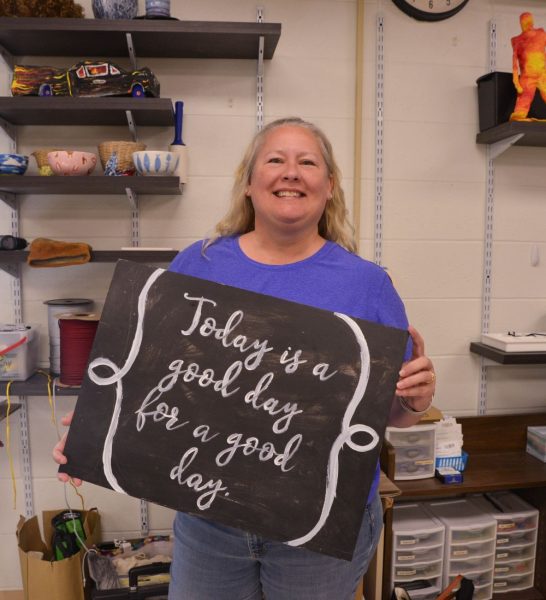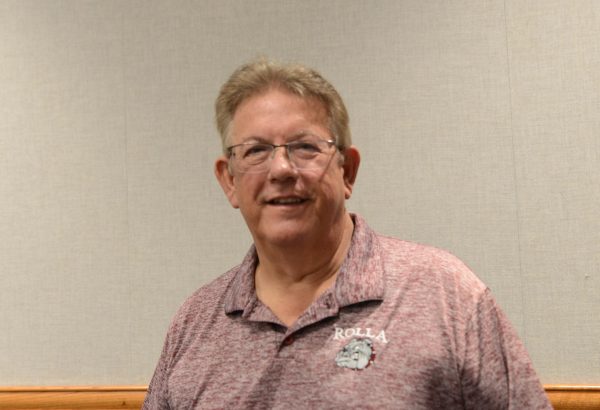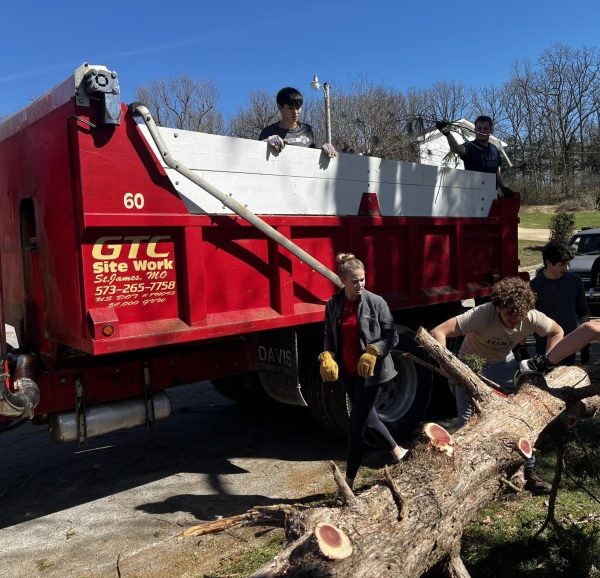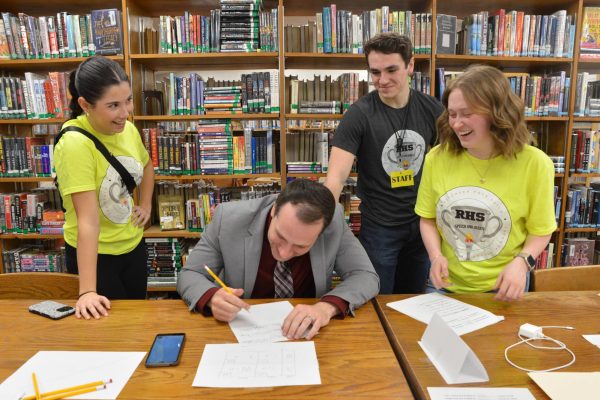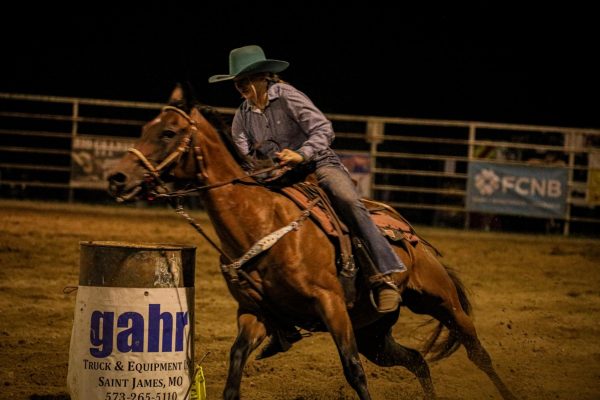Is college still “for all?”
In the barrage of driving, taking placement tests, and moving toward adulthood, it can be difficult for high schoolers to decide what their future should be, but when it comes down to it, what decisions are people actually making?
College is normally the next step for high school students. It can be a hard decision; they often have to consider the cost, or pick the college that is right for them. Some wonder if college is really for them.
“I’ve been doing this job for about ten years, and the biggest shift that I’ve seen in those ten years is that the ‘college for all’ mentality has [disappeared],” said Rolla High School counselor Liz Pogue.
That brings up an interesting point: how is the “college for all” mentality faring? According to the U.S. Bureau of Labor Statistics, not well. In 2021, a national average of 61.8% of people between the ages of 16 and 24 were enrolled in college. That’s compared to the 69.1% that enrolled in 2018. While the rates had been fluctuating between 65 and 69%, in 2020 the rate dropped down to 62.7%, the lowest in almost 20 years.
“In order to make a living wage, you need to be a semi-expert or an expert at something…” said Pogue.
That doesn’t necessarily mean that students have to go to Harvard. There are a lot of other options for students to consider.
“I don’t care if you’re Ivy League or if you’re interested in the military, or you want to go to culinary school, or you want to go work for your family’s business, if you want to get your real estate license. I don’t honestly care if you just want to go into the workforce and work for a year or two…” stated Pogue.
As a counselor, Pogue’s priority is providing her students with a bright future. Luckily for RHS students, there’s an opportunity to try trade jobs without fully committing to them or paying fees. Rolla’s Technical Institute and Technical Center give students experience in a working environment. Teachers educate students about culinary arts, construction trades, woodworking, nursing, and much more.
“Why would you pay to go sit in a classroom and learn everything you already know from high school?” wondered senior AJ Hartley.
Hartley is planning on becoming a firefighter for Rolla Rural Fire when he graduates. Seniors Kyler Miles, and Richard Ralls plan on taking a gap year though.
“I’m planning on taking a gap year… just so I don’t have to be so stressed out coming straight out of high school,” said Ralls.
Ralls is planning to go into wood manufacturing. He knows that there are some cabinetry shops in St. James that will hire straight out of high school. That doesn’t mean the possibilities are limited to the Rolla area though.
“I plan on probably going into big rigging,” said Miles.
Big rigging would allow Miles to travel all around the country, and all he needs is a commercial driver’s license. But not everyone wants to go into the workforce right away.
“I’ve always been determined to go to college,” said senior Campbell Smith.
Smith believes that because of her family’s help, and her experiences as a kid, college was an easy decision.
“It was third or fourth grade, I was in QUEST, and we did a unit over bird flight. I was like, wow, this is what I need to do for the rest of my life,” said Smith.
Many different activities can lead students to their dream jobs. For Smith, QUEST became the reason she applied to various engineering colleges.
“Just before we got out for Christmas break, I was accepted to Notre Dame, which is very exciting for me. It’s been a dream school,” stated Smith.
Smith plans to study aerospace engineering, and while it may have been cut and dry for her, a lot of students struggle to find their calling.
“I think every year there is a lot of pressure on seniors, even juniors, to say what they’re going to do,” said Pogue. “You don’t want to be the person that says ‘I don’t know.’ But that’s the majority of students, and that’s ok… It’s almost like I have this whole group of students, and it’s not very many, who are like ‘I know what I want to do.’ And they’ve known that for a long time… And then I have this other group of students who have changed their minds a lot.”
Pogue suggests that students pursue anything that interests them, because it can help them learn more about what they want to do with their futures.
“I think as long as you’re pursuing interests, extracurricular activities, clubs, jobs, things that are giving you a taste of those industries, [your future] will tease itself out over time,” Pogue stated.
Pogue believes that because of technology there are more opportunities for jobs that take place online.
“I think social media is an easy one [job] for us to see, because we’re all on it, and we can see how influencers are making money,” said Pogue.
She also says that technology has changed what types of jobs are available.
“There are a lot of jobs that people used to do that are now automated…so if you’re thinking of the percentage of jobs that are unskilled in the labor market, it’s shrinking,” stated Pogue.
While that may make some students think that college is necessary, many modern jobs don’t require a degree.
“I think that school counselors, teachers, everyone is understanding that you can make a living wage, and you can make good money without having to go to college,” said Pogue. “There are so many young entrepreneurs making all sorts of money using social media, using the internet, and those jobs didn’t exist ten years ago.”
Today there are many ways to make a living, and students are realizing it. They are focusing more on what is right for them, not what others want them to do.
“Honestly, college doesn’t get you everywhere,” stated Ralls, “so unless you have a good reason why, don’t try to force yourself to go.”

Salut! I’m Lucas and this is my first year on ECHO staff. I’m currently a Junior, and I’m in Band and Tennis. I like music, photography, and camping....




